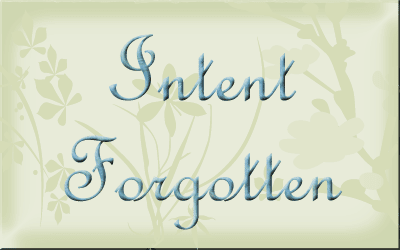Hello, followers! Sorry for my leave of absence, but now that I'm on summer break, I have a great deal more of free time to devote to the blog (as well as my writing in general).
This week's word is scuttlebutt, a noun that means, basically, a rumor. It's a fun word to say and it was originally said by sailors. Cool!
Okay, so today's topic is setting the mood. Now, unlike being moody, you don't want the emotions in your story to be all over the place. You want to have a certain scene feel a certain way, then create the mood to make the reader feel the same. If you have a spooky setting, you can't suddenly be using happy, rainbow-and-unicorn adjectives (unless, perhaps, you're writing a comedy). I'll give you an example.
Time was running out. The cuddly little troll ran after me with his adorable knife in the beautiful night. The dozen red roses lining the trees tickled my sides with their thorns.
See? Bad idea. If this is supposed to be scary, why is the troll so cute? Let's try revamping it, shall we?
Time was running out. The troll growled as he rushed after me, raising its bloodied knife to me as its feet slammed against the grass. The ominous night sky made it difficult to run through the dark forest and pointed thorns frequently scratched at my skin.
Do you see how different this scene is from the previous one? It's all in creating the mood; just by changing the choice of words, you can create a totally different atmosphere. If you're writing a horror, use disgusting, grotesque words. If you were writing a romance, you wouldn't use those same disgusting, grotesque words (unless the main character is dating a bum. Aw.). You would use softer words to describe things, creating a dreamier, more romantic mood. Sad scenes should use more depressing words.
Well that's all for tonight! Keep checking back for new posts! :)
